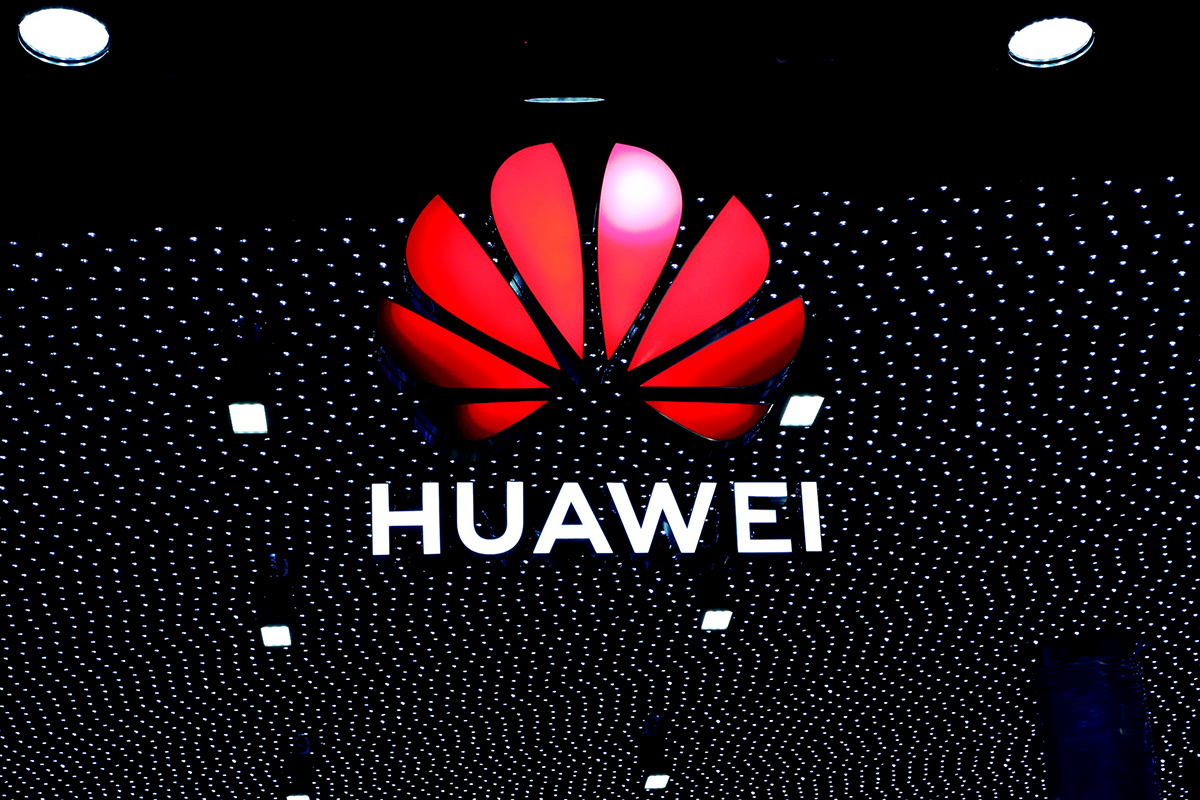The President of the United States, Donald Trump, met with 7 tech company CEOs yesterday to discuss the ban on U.S. sales to blacklisted Huawei, as well as plans moving forward. Companies have already forecasted the negative effect that the trade dispute between China and the U.S. has/will have economically, and it seems that these concerns were part of the discussion with Trump and his senior advisers.
According to the White House, Trump agreed with the CEOs to make “timely” decisions on requests by American tech firms to sell goods to Huawei. But the White House keenly reiterated that senior executives in the meeting still expressed “strong support” for the restrictions that are supposedly put in place for national security concerns.
“[The CEOs] requested timely licensing decisions from the Department of Commerce (which controls export licences, blacklisted entity list), and the President agreed.”
– White House statement
The 7 companies included in the discussions were Cisco Systems Inc, Intel Corp, Broadcom Inc, Qualcomm Inc, Micron Technology Inc, Western Digital Corp, and Google.

Clarity has been slow to come
Senior executives didn’t hide their displeasure at the lack of clarity on the situation at hand, it seems. This was directed on Monday at Commerce Department Secretary, Wilbur Ross, who was criticised for not giving clear guidelines regarding the policy on the Huawei ban. Ross was joined at the meeting by White House economic adviser Larry Kudlow and Treasure Secretary Steven Mnuchin.
Micron, whose CEO Sanjay Mehrotra joined the meeting, said that “policies that ensure open and fair trade on a level playing field are essential to ongoing U.S. technology leadership as well as economic growth throughout the world.”
At the moment, national security concerns mainly centre around the U.S. government’s accusations that Huawei has violated Iran sanctions and stolen American intellectual property. There are also claims that Huawei is an extension of Chinese government agencies—all allegations have been categorically denied by the Chinese tech company, however.
Licences are currently granted where there is “no threat to national security”, although Huawei remains on the U.S. Department of Commerce’s list of blacklisted entities. While Huawei and its partners are currently being afforded some respite from the restrictions, we’ll have to see if Trump makes good on his promise to make some “timely” decisions.








